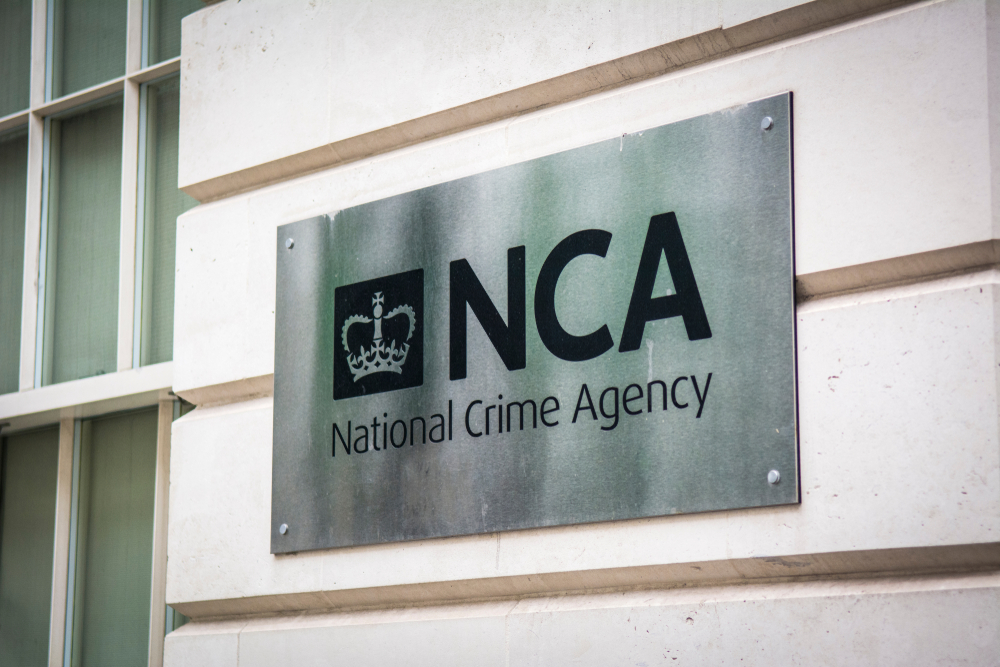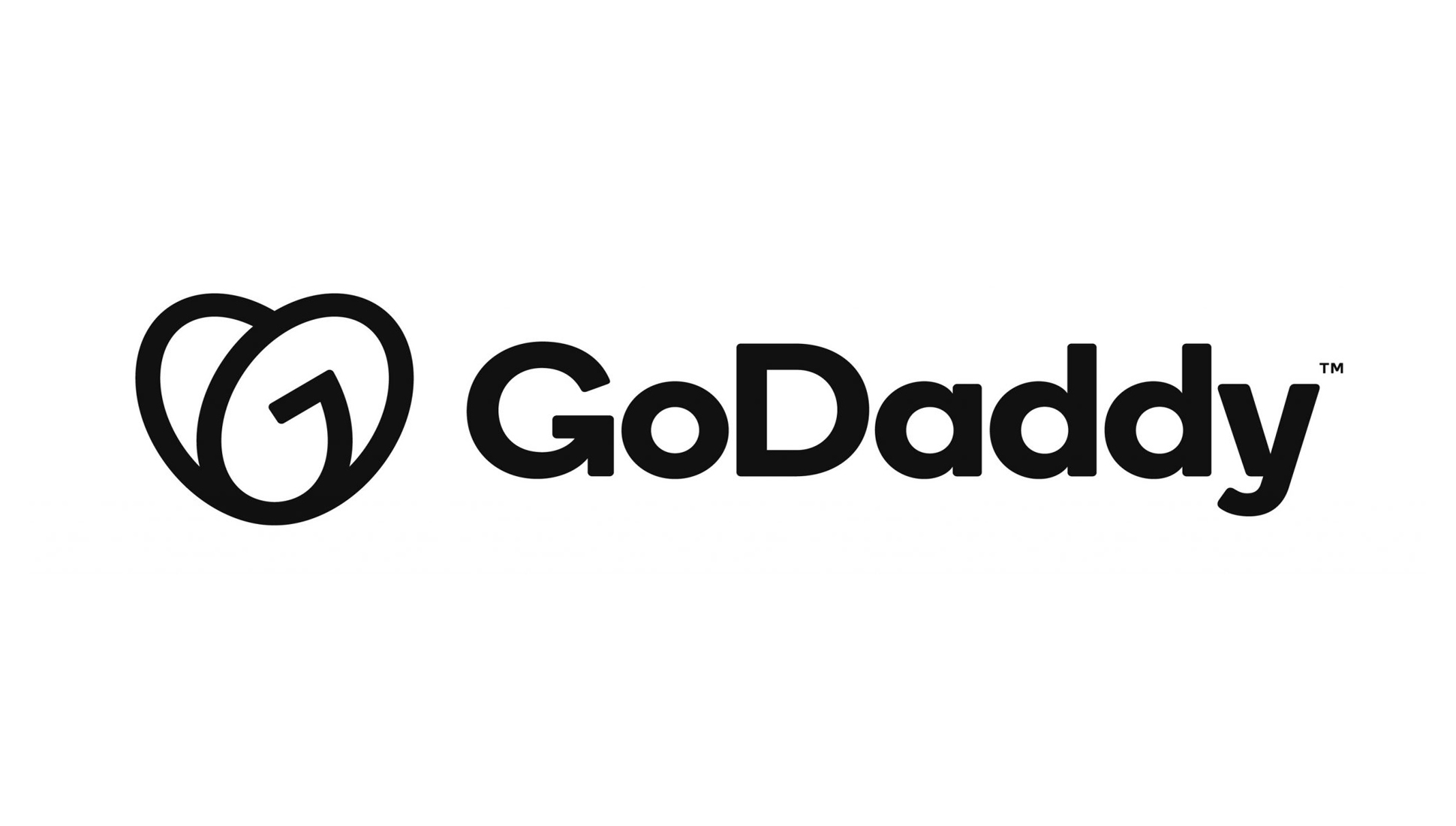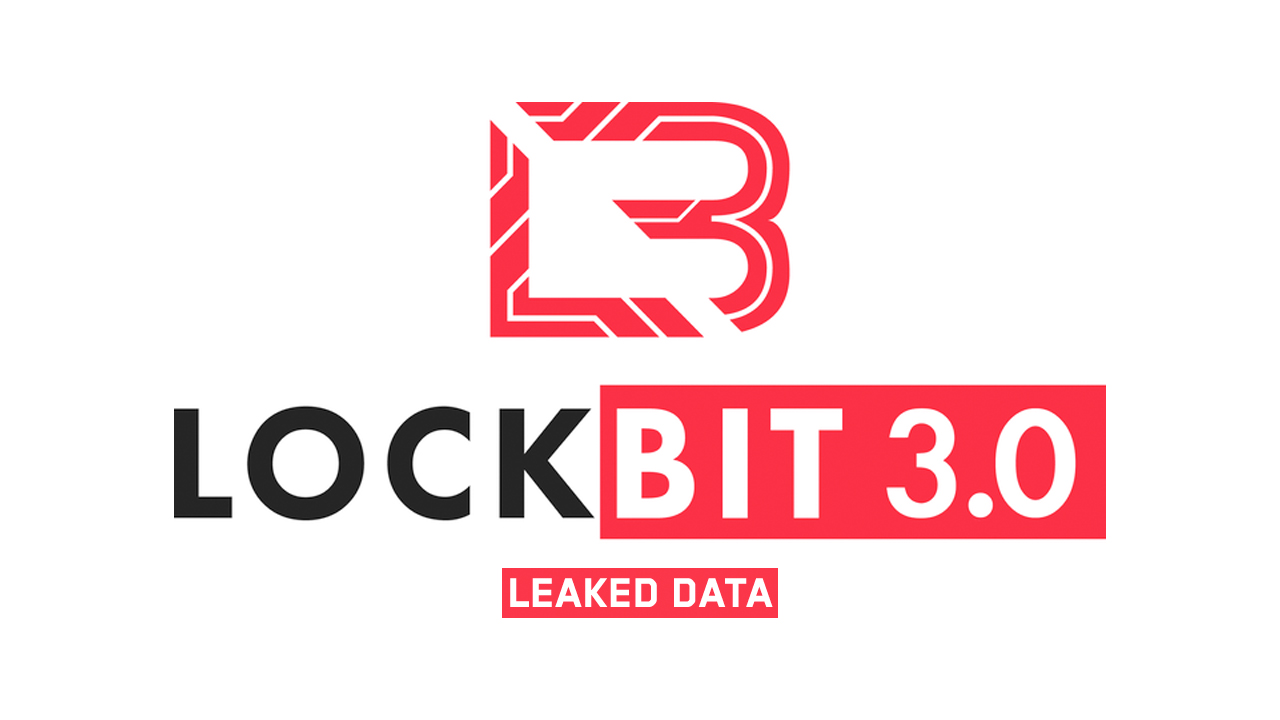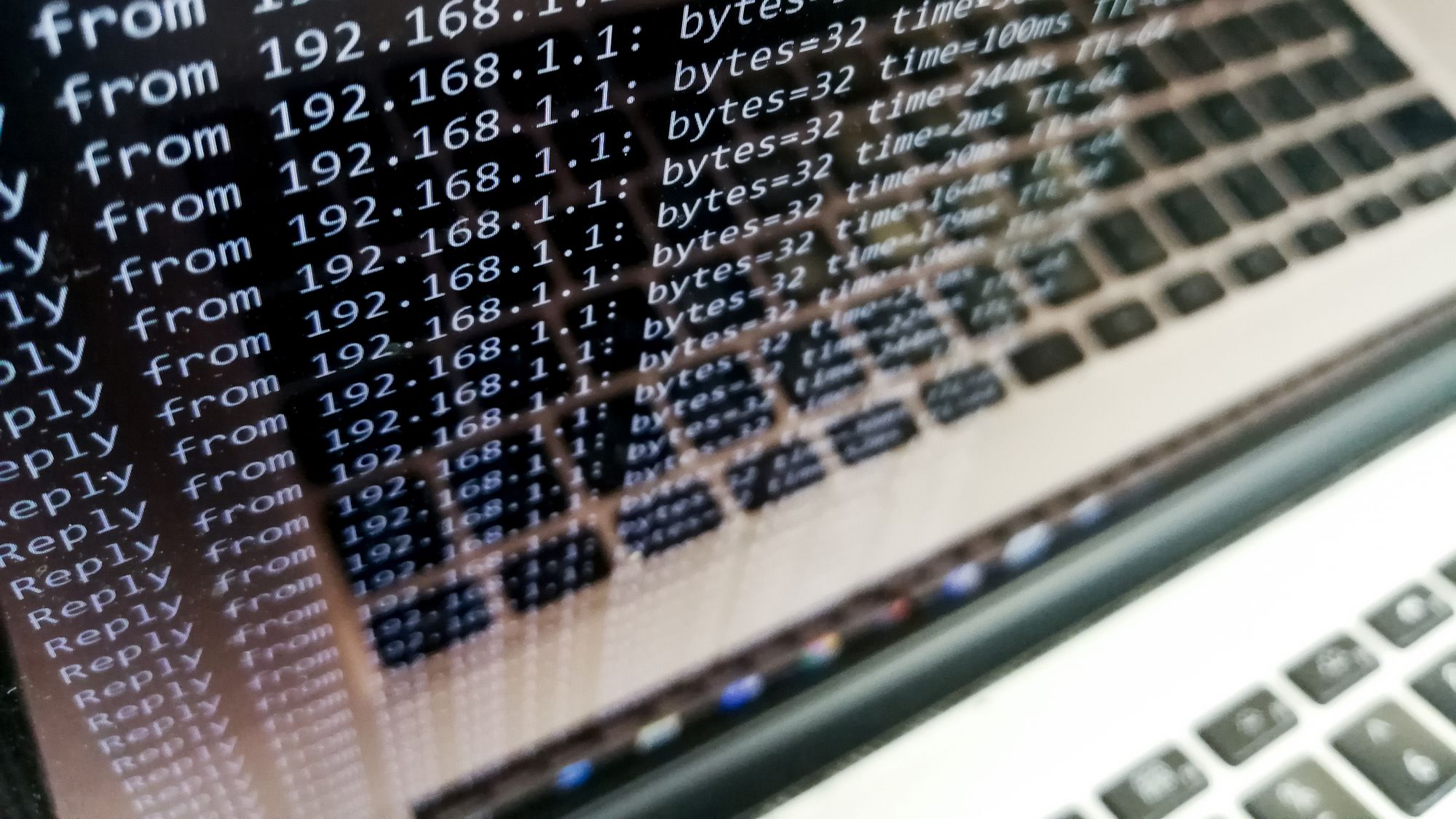Massive cyber attack kills internet speeds across the globe
Anti-spam dispute blamed for internet speed-killing DDoS attack.

An ongoing dispute between a web hosting firm and an anti-spam group has reportedly resulted in the world's largest cyber attack and caused internet speeds across the globe to drop.
Web users across the globe have experienced a slowdown in internet speeds as a result of a sustained Distributed Denial of Service (DDoS) attack against anti-spam group Spamhaus, according to reports.
It is thought to be the largest attack of its kind to have blighted the internet, and is currently being investigated by five international police forces.
We are aware that this is one of the largest DDoS attacks the world has publicly seen.
Spamhaus, which is based in London and Geneva, prides itself on tracking the source of spam emails and preventing them from infiltrating internet networks.
It does this by maintaining a number of real-time spam-blocking databases, which are used by email service providers, for example, to prevent their customers from being plagued by spam.
Spamhaus recently blocked servers belonging to web hosting firm CyberBunker, and since then has been forced to defend itself against an ongoing DDoS attack.
The company published a blog post last week, confirming that it was in the midst of a sustained cyber attack.
Sign up today and you will receive a free copy of our Future Focus 2025 report - the leading guidance on AI, cybersecurity and other IT challenges as per 700+ senior executives
In a report on the BBC News website earlier today, Steve Linford, chief executive for Spamhaus, shed some light on how the attack was progressing.
"We've been under this cyber attack for well over a week," he told the BBC.
"But we're up they haven't been able to knock us down [and] our engineers are doing an immense job in keeping it up this sort of attack would take down pretty much anything else."
The organisation claims CyberBunker has enlisted the help of "criminal gangs" from Eastern Europe and Russia to carry out the attack.
At the time of writing, CyberBunker had neither confirmed nor denied its involvement, although a report on the Sydney Morning Herald website quotes one Sven Olaf Kamphuis, who claims to be leading the attack.
In an online message, he is reported to have written: "We are aware that this is one of the largest DDoS attacks the world has publicly seen.
"Nobody ever deputised Spamhaus to determine what goes and does not on the internet. They worked themselves into that position by pretending to fight spam," he added.
-
 UK crime fighters wrangle “several thousand” potential cyber criminals in DDoS-for-hire honeypot
UK crime fighters wrangle “several thousand” potential cyber criminals in DDoS-for-hire honeypotNews The sting follows a recent crackdown on DDoS-for-hire services globally
-
 US begins seizure of 48 DDoS-for-hire services following global investigation
US begins seizure of 48 DDoS-for-hire services following global investigationNews Six people have been arrested who allegedly oversaw computer attacks launched using booters
-
 Will triple extortion ransomware truly take off?
Will triple extortion ransomware truly take off?In-depth Operators are now launching attacks with three extortion layers, but there are limitations to this model
-
 GoDaddy web hosting review
GoDaddy web hosting reviewReviews GoDaddy web hosting is backed by competitive prices and a beginner-friendly dashboard, and while popular, beware of hidden prices
-
 Japan investigates potential Russian Killnet cyber attacks
Japan investigates potential Russian Killnet cyber attacksNews The hacker group has said it’s revolting against the country’s militarism and that it’s “kicking the samurai”
-
 LockBit hacking group to be 'more aggressive' after falling victim to large-scale DDoS attack
LockBit hacking group to be 'more aggressive' after falling victim to large-scale DDoS attackNews The ransomware group is currently embroiled in a battle after it leaked data belonging to cyber security company Entrust
-
 Record for the largest ever HTTPS DDoS attack smashed once again
Record for the largest ever HTTPS DDoS attack smashed once againNews The DDoS attack lasted 69 minutes and surpassed the previous record of 26 million RPS
-
 Cloudflare mitigates biggest ever HTTPS DDoS attack
Cloudflare mitigates biggest ever HTTPS DDoS attackNews A botnet generated over 212 million HTTPS requests from over 1,500 networks in 121 countries

